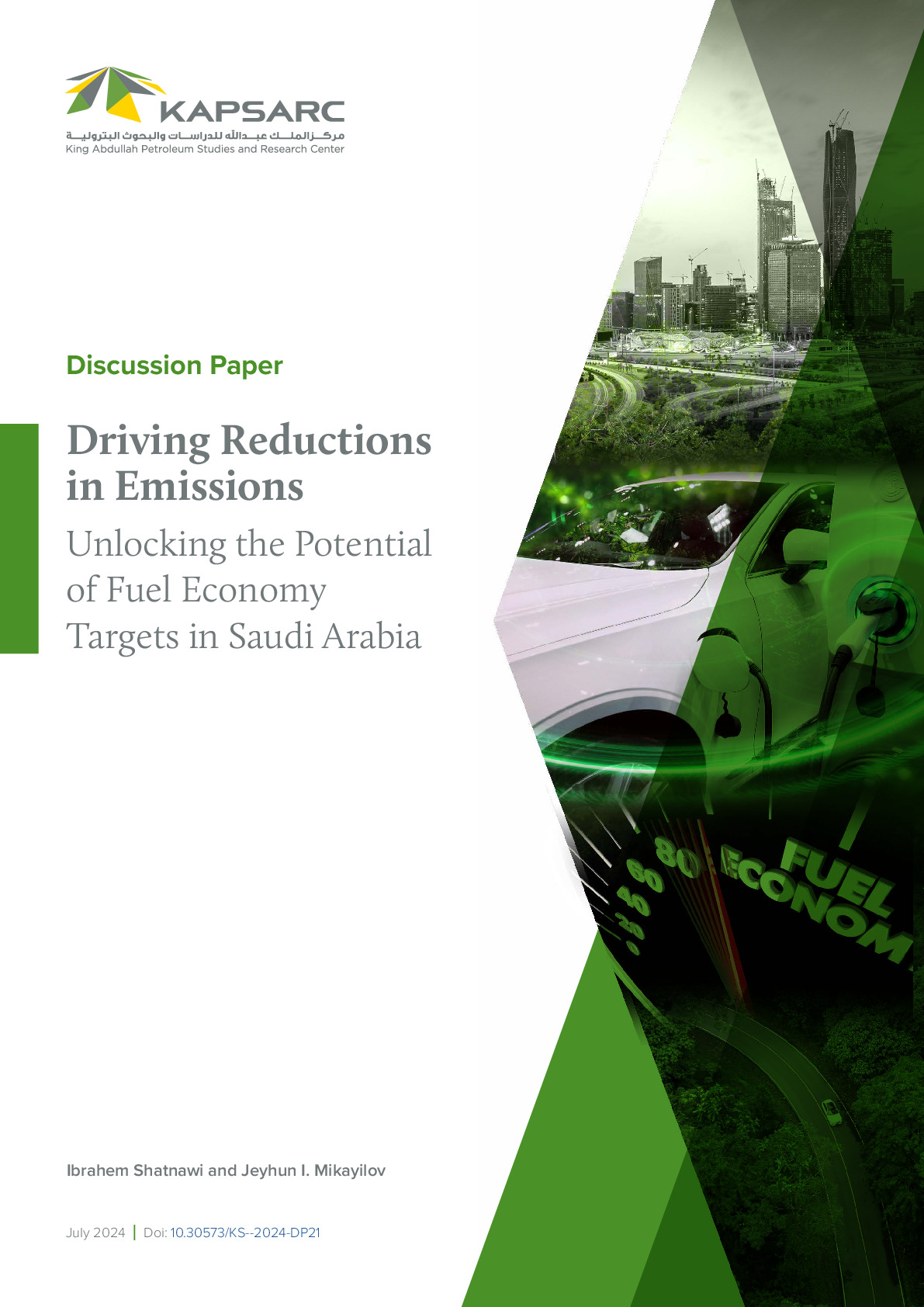This study investigates the income and price elasticities of gasoline demand for a fuel subsidizing country case, applying three different time-varying coefficient approaches to the data spanning the period from January 2002 to June 2018. The empirical estimations concluded a cointegration relationship between gasoline demand, income, and gasoline price. The income elasticity found ranges from 0.10 to 0.29, while the price elasticity remains constant over time, being −0.15. Income elasticity increases over time, slightly decreasing close to the end of the period, which is specific for a developing country. In the short run, gasoline demand does not respond to the changes in income and price. The policy implications are discussed based on the findings of the study. Research results show that since the income elasticity of demand is not constant, the use of constant elasticities obtained in previous studies might be misleading for policymaking purposes. An increase in income elasticity might be the cause of the inefficiency of the existing vehicles. The small price elasticity allows to say that if policy makers plan to reduce gasoline consumption then increasing its price would not substantially reduce the consumption. The current situation can be utilized to increase energy efficiency and implement eco-friendly technologies. For this purpose, the quality of existing transport modes can be improved. Meanwhile, to meet households’ needs, policies such as providing soft auto loans need to be formed to balance the recent drop in car sales.

Research Fellow
Jeyhun is a research fellow at KAPSARC. He received his B.A. and M.S. from Azerbaijan State University (now Baku State…
Jeyhun is a research fellow at KAPSARC. He received his B.A. and M.S. from Azerbaijan State University (now Baku State University) in mathematics. Jeyhun holds a Ph.D. in applied mathematics and a D.S. in econometrics. Before joining KAPSARC in September 2017, Jeyhun was an associate professor at the Department of Statistics and Econometrics at Azerbaijan State University, and the Department of Economics at Qafqaz University, where he taught econometrics, statistics, and mathematical economics. His other roles have included director of the Research Institute for Social Sciences and Humanities, and head of the Center for Socio-Economic Research. Jeyhun was a postdoctoral researcher at Indiana University Bloomington, United States (U.S.). He has also been a visiting researcher at several institutions, including the Center for Econometric Research, Sungyunkwan University in Seoul, South Korea; Vistula University, Warsaw, Poland; the University of North Texas, and the University of South Texas, both in the U.S. Jeyhun’s research is focused on applied time series econometrics, the economics of energy, the environment and sustainable development. He has authored over 40 scientific articles published in peer-reviewed journals and is an editorial board member of the International Journal of Advanced Multidisciplinary Research and Review, the Journal of Management, Economics and Industrial Organization, and the Journal of Socio-Economic Studies, and a member of the International Association for Energy Economics.
Expertise
- Applied Time Series Econometrics
- The Economics of Energy and Environment
- Sustainable Development
Publications See all Jeyhun Mikayilov’s publications
Modelling and Projecting Regional Electricity Demand for Saudi Arabia
This study investigates the income and price elasticities of gasoline demand for a fuel subsidizing…
21st July 2024
Driving Reductions in Emissions: Unlocking the Potential of Fuel Economy Targets in Saudi Arabia
This study investigates the income and price elasticities of gasoline demand for a fuel subsidizing…
1st July 2024
